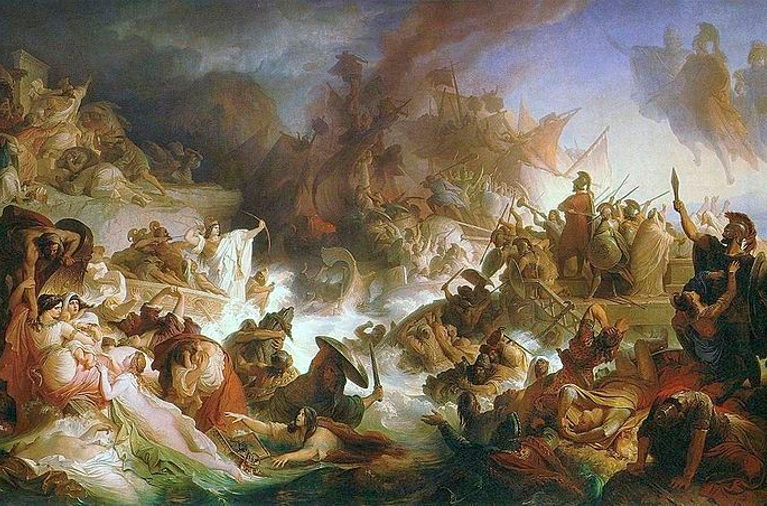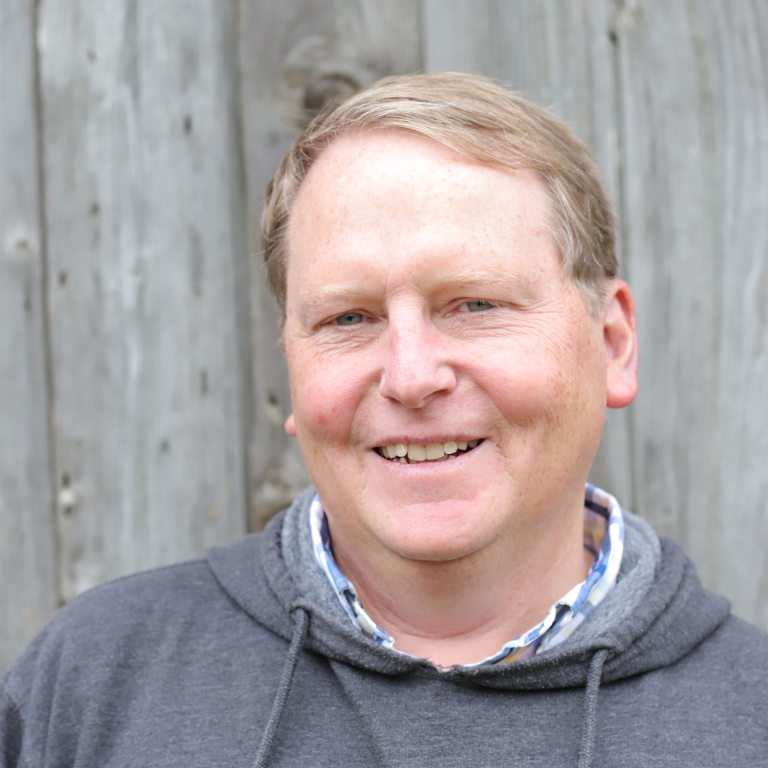“The fact that attending to one’s own affairs is most pleasant in life, especially if one chooses the sort of activity that one does, is clear to almost anyone. You must, however, consider this fact too, that each of us is born not for ourselves alone. We are born partly for our country, partly for our parents, partly for our friends. The various contingencies that overtake our lives also make many demands upon us. When our country herself calls us to public life, it would perhaps be strange not to respond, since one must otherwise at the same time give place to worthless people who do not enter public life for the best motive.”1
The Pandemic Armchair Philosophy Blog welcomes the beginning of the end of the COVID-19 crisis, but a “return to normal” should refocus us on a long list of global climate emergencies, social injustices, and tottering democratic institutions. Philosophy, and clear thinking in general, will be more necessary than ever to face them with resolve and imagination.
The last 12 months understandably feel overwhelming and uniquely terrifying to this time and place. But history tells us that there were too-frequent times not unlike our own when pandemics and degradations of whole landscapes, combined with endless wars and collapsing political, social, and economic systems, unleased murderous purges as well as calls for a complete rethinking of the status quo. Then, as now, there were unlikely, unknown individuals and communities who responded to their circumstances in creative and unexpected ways.
I am thinking in particular of Athens, Greece, in the fourth and fifth centuries BCE, and of a nondescript, privileged kid whose family traced its lineage back to the god Poseidon and Solon, Athens’ most famous lawmaker. Like other rich kids at the time, he was well educated, with plans to become a playwright. Not having to work from a young age, he had time on his hands and wandered the streets of Athens with his wealthy friends looking for entertainment. They particularly enjoyed watching an unemployed, illiterate, and barefooted man make fools of blowhard city elders in the marketplace, and in front of large crowds.
Their Athens had seen better days. The historians of the period knew that the region had experienced periodic and catastrophic flooding that would likely come again. And it was plain to the observant eye that the fertile soils and lush landscapes of Athens, once “the best in the world” were now overused and neglected, and had become “the bones of a wasted body, a mere skeleton of the land.”2 Athenians had also suffered through four years of plague around the same time they had entered a war that would take them 30 years to lose. Their government, meanwhile, was swinging wildly between violent extremes.
Our young man fought in this war for five years, and then experienced the Spartan oligarchy known as the Thirty Tyrants, who led a murderous purge of more than 1,500 prominent Athenian citizens while banishing an additional 5,000. Twice in a single decade Athens had its democratic rule overturned by men who had once been eager followers of the entertaining street philosopher, one of whom—Critias—was the young man’s second cousin. When democratic rule was again restored, it looked upon those marketplace antics as partially responsible for corrupting the youth and encouraging them to question authority. The by-then-old fellow who had made fun of Athenian bigwigs was tried by a jury of 500, convicted, and executed.
His young admirer wasted no time getting out of town, abandoning his plans for a literary career, and using his wealth and privilege to travel extensively throughout Greece, Italy, and Egypt, interacting with political leaders and thinkers. Mourning his teacher’s death and the demise of his city, he looked for examples of stable governments that balanced order and freedom.
He returned to Athens after 12 years and, like many at the time, opened a school of his own. But rather than having it concentrate on his thoughts and words, he gathered together thinkers with diverse perspectives from around the Mediterranean. The school became a think tank, research center, and consulting firm. It had a broad curriculum, blurred the distinction between students and teachers, and encouraged free thinking. One of the school’s most successful graduates created a competing school just down the street and publicly critiqued the errors of his teacher. The message was clear: the goal of education is to instill in the young the ability to think deeply, carefully, and clearly, even when it leads to conclusions that invalidate prevailing views.
Although he didn’t become a playwright, he authored 26 works spanning all manner of topics. He imagined both an ideal republic and a utopia in Crete named Magnesia, built from scratch and governed by laws that, however imperfect, sought to adhere to an absolute moral standard. He created new understandings of such common concepts as goodness, truth, god, and beauty, and he speculated on mythical origin stories and caves with chained people looking at shadows on walls.
Perhaps his greatest accomplishment was to use script, pen, and paper—still a relatively new social media technology at the time—to capture the essence and necessity of thinking and talking with others. (It was only in 403 BCE that Athens adopted the Ionic alphabet—one of many alphabets at the time—which was to become the major classical Greek alphabet.) He wrote dialogues that usually featured his teacher in the leading role. But unlike stories with exciting characters and events, these dialogues featured reason and thinking as the main characters, and conversations about justice, courage, and piety as their plots. Most of the dialogues ended with no definitive conclusions, winners, or losers, but instead with characters rushing off to their intended appointments. This was not exactly a winning strategy for attracting readers.
But writing about conversations that didn’t end was precisely the point. Discussing the big questions in life—and even some of the smaller ones—is never finished. Dialogue, disagreement, talking, and listening are what we do in real time as human beings living together, and amidst inequities, famines, wars, and everyday expectations and disappointments. That these discussions happen during the course of a normal day and will likely continue either later in the day or afterward in the heads of those having the discussion—“Hmm, I hadn’t ever thought of it that way before”—is valuable in itself.
Does it matter that this person whose life I’ve been describing is known as one of the most important philosophers—some say the most important philosopher—who ever lived? Maybe. But he was just Plato then (“You know, Ariston’s and Perictione’s kid.”), not PLATO! He had wealth and privilege, yes, and he used them to respond to the crises of his time. Reading him now as someone more or less like a lot of us—privileged, concerned, creative, and unsure about what to do but wanting to respond in some way to the challenges facing our parents, our friends, and our nation—may open up opportunities for our own potential contributions in the days ahead.
Whatever else we can say about him, Plato’s life and decisions were affected by the significant challenges of his time. Reading him during these uncertain times makes it possible to feel his anger and fear, to imagine his travels, his loneliness, his separation from his home; to think of his parents worrying about their toddler during the plague. It helps to see him not as some oversized, imposing statue, but as a human being, changing his mind and struggling with feelings of failure when his life’s work did little to change his city and the larger world in which it was situated.
Plato might also inspire us to ask the kinds of questions he tried to answer: What does education need to look like in the next few decades, and how can it be reimagined to provide the skills and insights necessary for living decently in the century we’re in, not the ones in the past? What new alternatives might help our political infrastructures be more inclusive and just while remaining resilient against attempts to dismantle them? And how can we utilize social media to communicate across differences and inequities, and to help us recognize that we all inhabit a bit of Earth for a short time, and need each other to live well, or at least well enough? Isn’t that what ‘social’ means?
This is the work of every generation, though some generations face greater challenges than others. It probably does little good to say whose challenges are greater, especially when the heat is on, quite literally, for all of us. Nor, I think, should we automatically refuse help from those whom we feel can, or should, no longer contribute. Plato can be criticized and demonized for all manner of views about slavery, democracy, and women. But he gave voice to philosophy’s greatest gift: public, conversational thought has the power to expand the human imagination toward ever better forms of living together. Even in—maybe especially in—the worst of times.
1Plato, Letter IX (To Archytas of Tarentum, Prosperity), 358a–b.
2Plato, Critias, 111b–d.
For further reading, Rebecca Goldstein’s Plato at the Googleplex: Why Philosophy Won’t Go Away (Vintage, 2015) is an excellent treatment of Plato’s work and its continued relevance and applicability.
Visit http://classics.mit.edu/Browse/browse-Plato.html for most of Plato’s writings.
Teaser photo credit: Wilhelm von Kaulbach. Battle of Salamis. https://commons.wikimedia.org/wiki/File:Kaulbach,_Wilhelm_von_-_Die_Seeschlacht_bei_Salamis_-_1868.JPG






